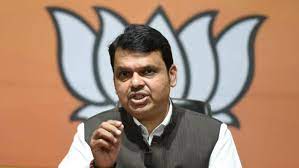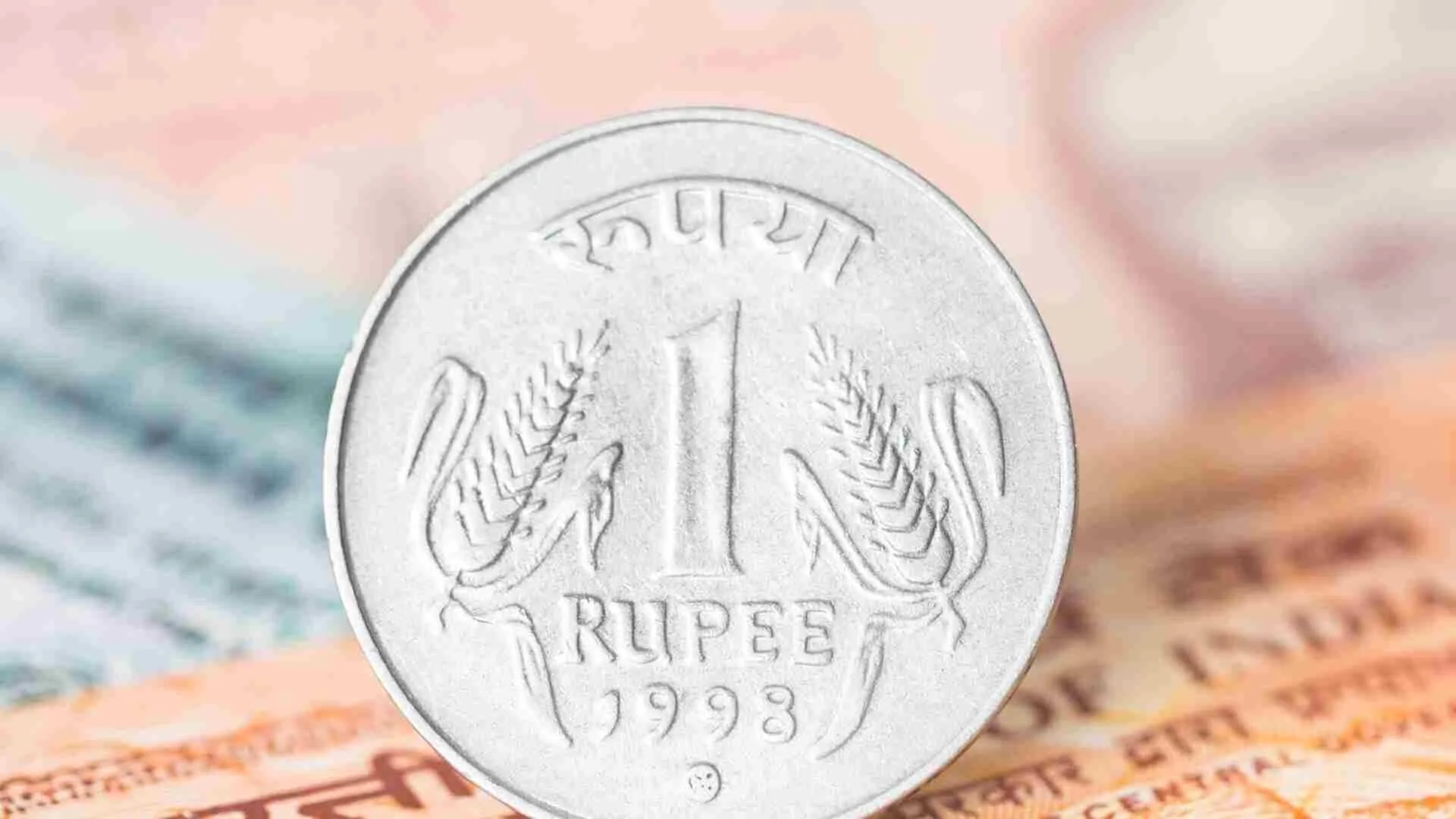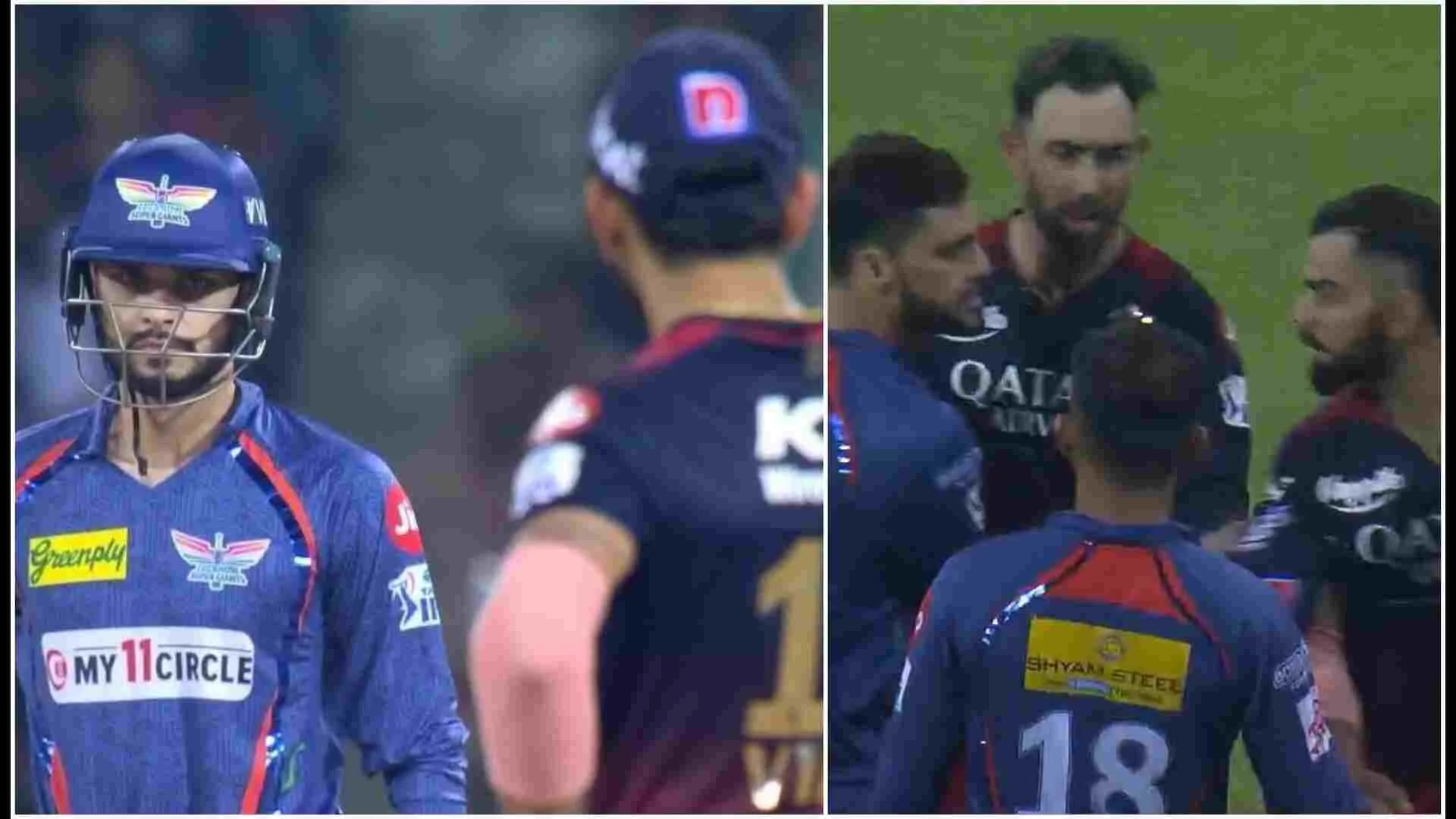With the reflection of his clean image in the political and public circle, Devendra Fadnavis is a name which has become a household phenomenon in the state for his honesty and development-led image. While Prime Minister Narendra Modi is leading the nation in becoming one of the strongest countries in the world, Maharashtra’s Deputy Chief Minister is also ensuring that his government is keen on taking the state to new acme of development.
While political announcements revolve around appeasing endorsements, Fadnavis is one such leader who has proved his mettle ensuring smart as well as sustainable development in all the sectors on the ground.
If the development track of the government led by Fadnavis is to be analysed, it can be significantly distinguished that he has worked extensively for the welfare of all the sections of the society. He is often credited for his ability of relentless pursuit in ensuring Maharashtra becomes number 1 state for investments. Recent reports establish the fact that Maharashtra is again number one destination for foreign direct investment. While on one hand Fadnavis ensured investments in the state giving significant relief to the corporate sector in various aspects, he is equally relentless in ensuring that the farmers of the state are as well given all the facilities indispensable for their growth and welfare.
One of the prominent problems farmers face is the supply of electricity. Currently, electricity is supplied to the farmers during night. Prior to 2014, when the Congress-NCP government took this decision, they were ignorant to the problems faced by the farmers. According to current statistics, there are 45 lakh farmers are consumers in the state. It’s almost over a decade since the farmers have been demanding that they should be provided with daytime and reliable electricity for irrigation. Although electricity is currently being supplied for agricultural purposes at an average of Rs 1.5 per unit, state discoms get it at an average of Rs 8.5 per unit. The difference in the tariff is covered by state government subsidies and cross-subsidy burden levied on power tariff for industries. There has been a long-standing demand from industries to reduce the power tariff by reducing the burden of cross subsidy. Industrial consumers account for 41% of electricity consumption in the state, while agricultural consumers account for about 30%. The farmers are supplied with such a cyclical power supply day and night owing to the commercial and technical difficulties of providing such a large power supply to the farmers during the day and that too at 88% concessional rate.
Envisioning a potential solution for this problem, the ingenious scheme titled “Mukhyamantri Saur Krishi Vahini Yojana 1” was launched in June 2017 during the tenure of the then Chief Minister Devendra Fadnavis and Power Minister Chandrashekhar Bawankule. The scheme aimed at providing electricity at daytime for agricultural purposes and at the same time reducing the burden of cross subsidy on power tariffs of industries. The plan is to generate electricity using solar energy through private investment, feed this electricity to agricultural feeders to supply electricity to farmers during the day and pave the way to reduce the burden of cross subsidy on industries as electricity from solar energy is available at low cost. Devendra Fadanvis being at the helm of affairs in the state till 2019, there was an enthusiasm for the implementation of the scheme, but later in 2019, when the Maha Vikas Aghadi government came in power, the momentum was lost and subsequently the demands of the farmers were ignored.
Devendra Fadnavis, after being sworn in as the Deputy CM in June 2022, revived the scheme of providing electricity to farmers during the day. While doing that ensured that all the stakeholders have been taken cognisance of and launched Mukhyamantri Saur KrishiVahini Yojana 2.0. The biggest obstacle in the implementation of this scheme was the availability of land. To overcome it, the government decided to make government-owned land in the radius of 10 km from the evacuation facility available at Re 1 per hectare and for private land in the radius of 5 km at Rs1,25,000 per hectare for the lease of twenty five years.
Devendra Fadnavis has set an eye on 2025 by when it is projected that at least 30% of agricultural feeders in each district will run on solar energy. Consequently, famers will be able to avail electricity during the day time as well. In this scheme, solar power generation developers will get electricity at the rate of Rs 3.30 paise per unit with additional 15 paise to 25 paise per unit for first three years, so the burden of cross-subsidy while supplying electricity to farmers at a discount will be greatly reduced and there will be an opportunity to reduce the electricity tariff of industries in the future as well. In the campaign, 7,000 MW of electricity will be generated for farmers and an investment of around Rs 30,000 crore will be made by private entrepreneurs. This will result in creation of over 19,000 jobs in the rural areas of the state for establishing and operating solar power generation projects. There is a requirement of 28,000 acres of land by the calculation of four acres per MW for this project.
The Mukhyamantri Saur Krishi Vahini Yojana 2.0 campaign implemented with private investment will have many positive effects along with benefiting agricultural activities. Increase in capacity of substations of discoms, increase solar power generation capacity in the state while making the state ready to face future energy challenges are among the many ancillary benefits to the scheme that is important to be highlighted while at the same time mitigating subsidy burden on the government significantly. Besides, a revolving fund of Rs 700 crore will be created for timely payment of solar power purchase bills. Additionally, Rs 25 lakh subsidy per substation will be given to increase the capacity of substations and Rs.5 lakhs will be given to the concerned village panchayats for development works for three years. The 2.0 version of this scheme is an improvised version of the first phase rectifying on all the needed aspects.
The modest ingenuity of Deputy Chief Minister Devendra Fadnavis is evident through the implementation of this scheme. While seven thousand megawatts of electricity will be generated, however it will be done through private investments. While significant amount of land is required, however, the land which will be used has been lying unutilised anyway. The state government will spend Rs 1,234 crore on concessions and subsidies over five years but in return the government will get Rs 2,478 crore as taxes from entrepreneurs. The main thing is that the cross subsidy burden of twenty thousand crore rupees will be reduced in five years while providing reliable electricity to farmers during the day through private investment. It is important to note that nationwide and especially in Maharashtra, the challenge of managing the balance sheet for discoms is significant. The success of Fadnavis with the implementation of this policy is such that not only it has been appreciated at the national level but it is being replicated by other states.
To sum it up, with this scheme, deputy chief minister has dealt with a very long pending problem of farmers at the same time coming up with an effective solution, covering overall development right to the periphery. With initiatives like such and many others, Fadnavis has reached out to all the sections cutting across caste, creed, social, gender and demographic barriers of the state if any. Unquestionably, Fadnavis certainly embodies “Sabka Sath, Sabka Vikas and Sabka Vishwas” in Maharashtra.
Vishwas Pathak is Co-Chief spokesperson of Maharashtra state BJP.







